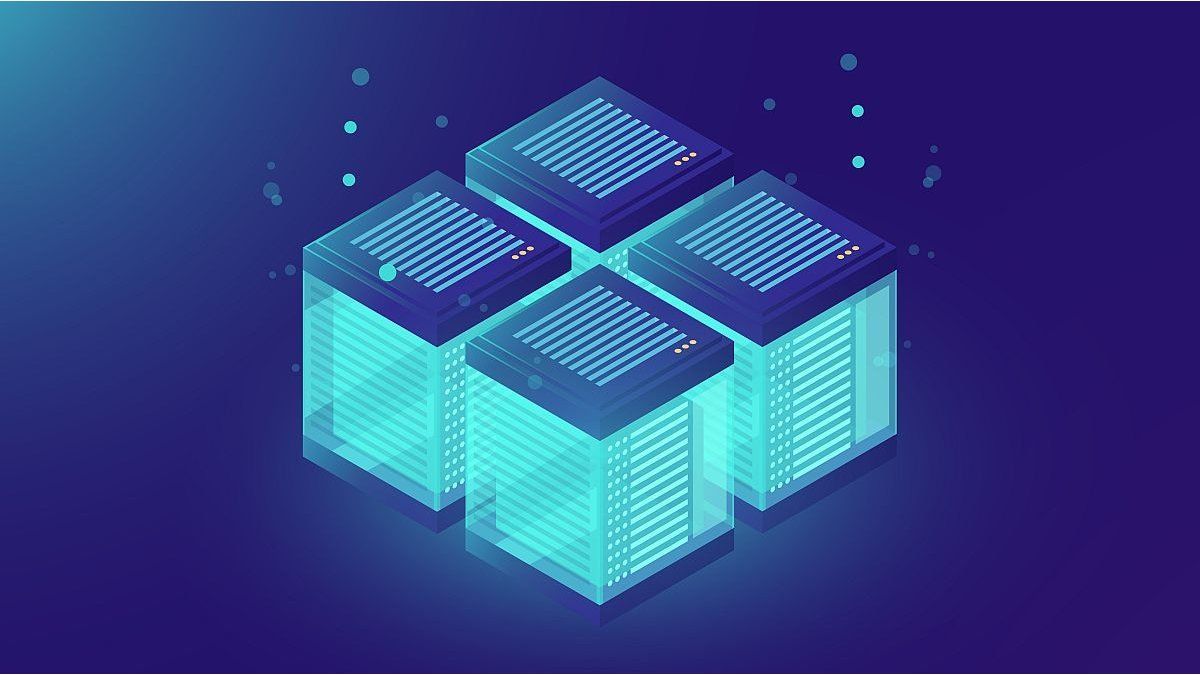In Latin America, the tokenization Asset Management (RWA) has gained momentum in recent years, with Argentina emerging as a leader in the adoption of this transformative technology.
Asset tokenization enables broader access to global markets, reducing traditional economic barriers. Argentina seeks to tokenize lithium as a strategic resource in the global energy transition.
As the region explores new ways to democratize market access and solve economic and financial problems, tokenization is emerging as a key solution. This phenomenon not only implies the digitization of traditional assets, but also the creation of a new, more inclusive and efficient economic paradigm.
The tokenization of lithium in Argentina: a key example
One of the most promising assets to be tokenized in Argentina is lithium, a key resource in the transition towards electromobility and renewable energy. With the growing demand for electric vehicles, lithium has become a strategic mineral for battery manufacturing. In fact, the region of Jujuyin northern Argentina, is considered one of the largest sources of lithium in the world. The tokenization of this mineral could open new possibilities for the financing of mining and energy projects, allowing investors from around the world to participate in the value chain of this vital resource without traditional barriers to entry.
The lithium tokenization project is also part of efforts to make energy resources more accessible, especially in a context where Latin American economies face challenges related to sustainability and dependence on traditional energy sources. With tokenization, lithium and other resources could be fractionated and traded more efficiently, generating new economic opportunities for both local communities and international investors.
“We are facing a turning point in the global economy. Decentralization and digitalization are pushing humanity into a new era, where centralized control is being replaced by a fairer and more accessible system. In this context, tokenization plays a fundamental role in allowing any individual, anywhere in the world, to actively participate in the creation of economic value. This is not only an evolution, but a revolution that will transform markets and access to the economy for all,” explains Pablo Rutigliano. , founder of Atomico 3.
Atomico 3: an example of innovation in tokenization
A concrete example of the adoption of tokenization in the region is the project Atomic 3which is working on the tokenization of real estate assets in Argentina. Atomico 3 allows investors to participate in the purchase of fractions of real estate properties through digital tokens, thus eliminating the barriers to entry that have traditionally existed in the real estate market. This model allows small investors, both local and international, to participate in high-value projects without having to disburse large amounts of capital.
This type of initiative is setting a precedent in the region, as it demonstrates how tokenization can revolutionize traditional markets, such as real estate, giving more people the possibility of generating income and building wealth in a more equitable way.
The advance of tokenization in Latin America, especially in countries such as Argentina, Brazil and Mexico, reflects a change in the way resources are managed and distributed. Backed by regulatory proposals and growing investor interest, tokenization could be the key to greater financial inclusion, better resource allocation, and a more transparent and efficient economic system.
As governments and financial institutions in the region continue to explore ways to integrate tokenization into their economies, Latin America could become a global benchmark for the adoption of decentralized technologies, driving innovation and sustainability on the continent. Without a doubt, the coming years will be crucial to consolidate this trend and take advantage of all the potential that tokenization offers.
The case of Argentina: a pioneering regulatory project
One of the most prominent examples of the expansion of tokenization in Latin America is found in Argentina, where work is underway on a regulatory proposal for the tokenization of RWA through a “sandbox.” This controlled sandbox environment would allow experimentation with tokenized assets safely, with oversight from the country’s regulatory authorities.
The proposal was presented within the framework of the Argentina Fintech Forum. Milagros Santamaría, Argentine lawyer and tokenization specialist, leads the initiative from the regulatory department of Growthan organization that seeks to position Argentina as a center of innovation in Web3. According to Santamaría, this project is part of a larger effort to promote the adoption of cryptoassets in the country, generate regulatory stability for Web3 projects and solve economic problems that affect the Argentine population.
Source: Ambito
I am a 24-year-old writer and journalist who has been working in the news industry for the past two years. I write primarily about market news, so if you’re looking for insights into what’s going on in the stock market or economic indicators, you’ve come to the right place. I also dabble in writing articles on lifestyle trends and pop culture news.




